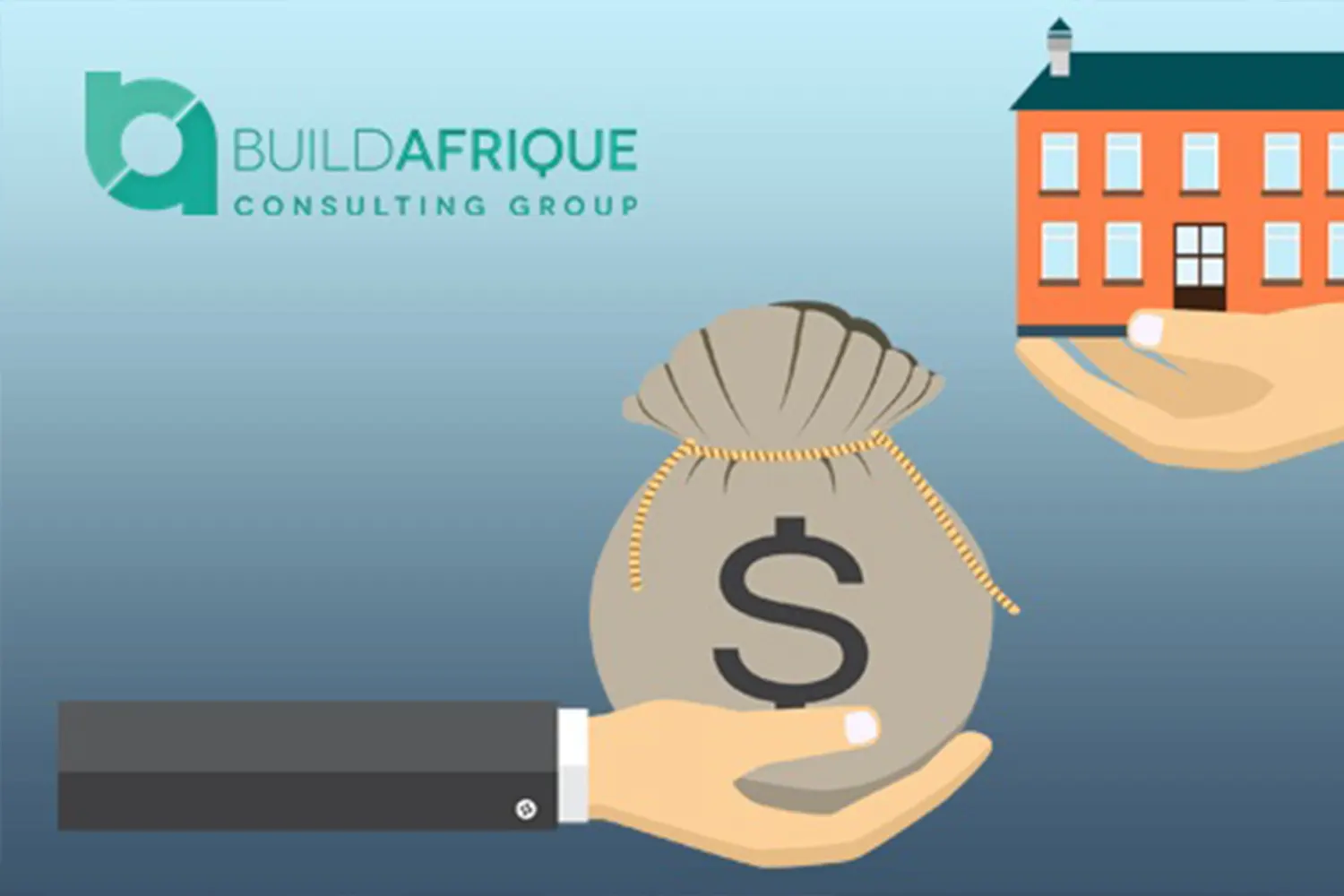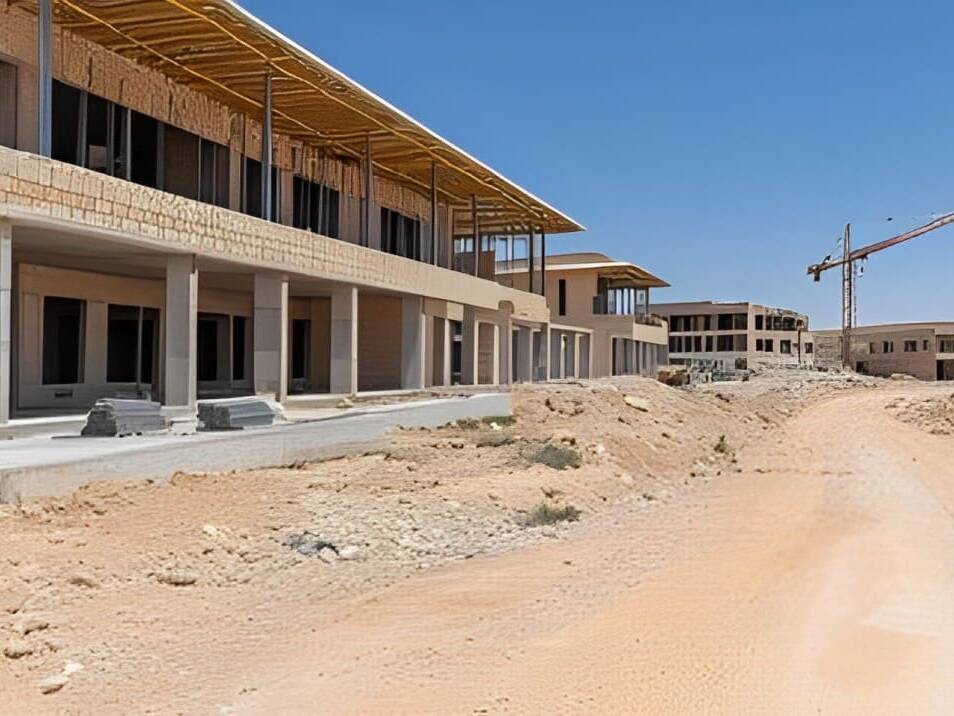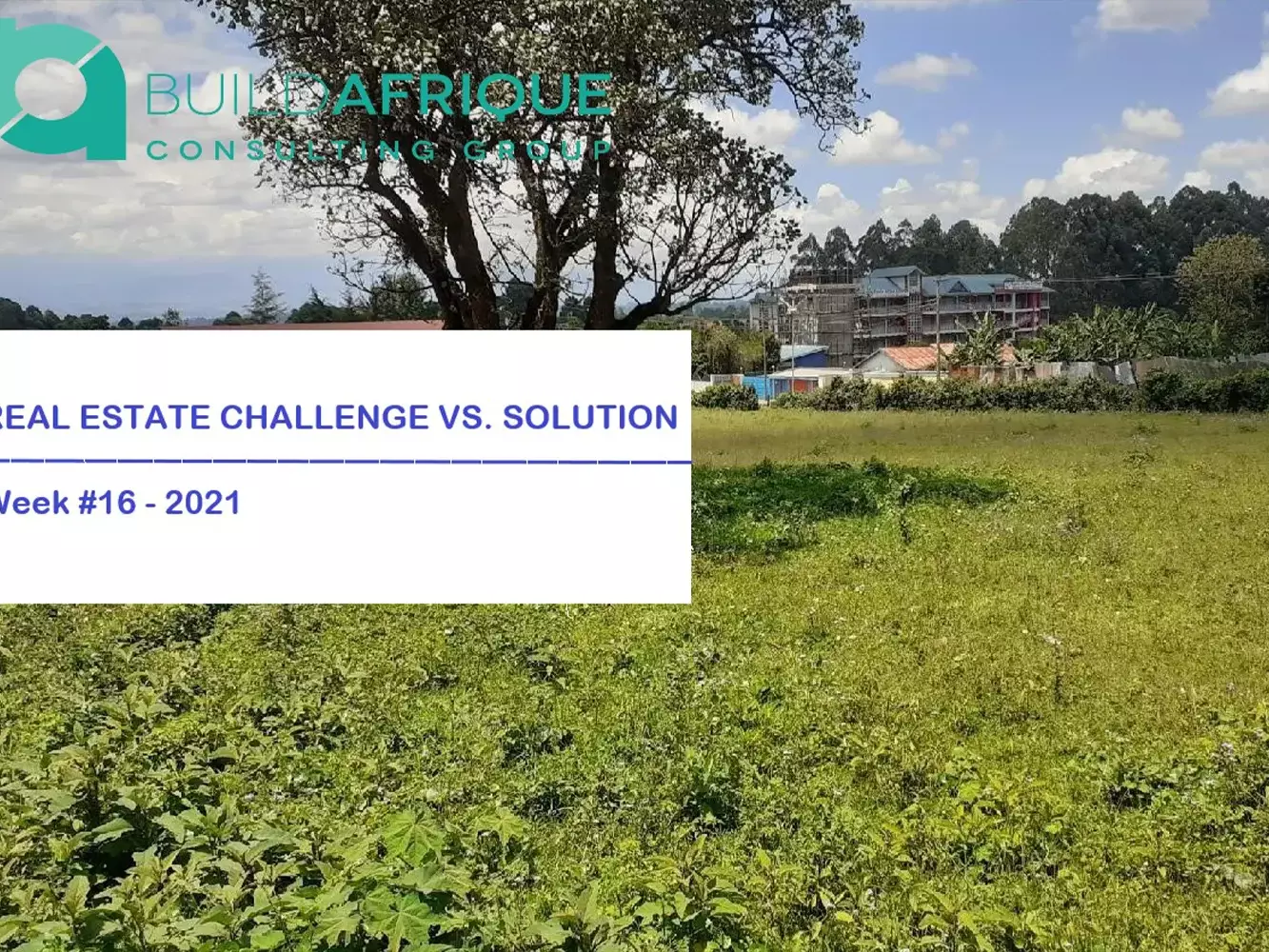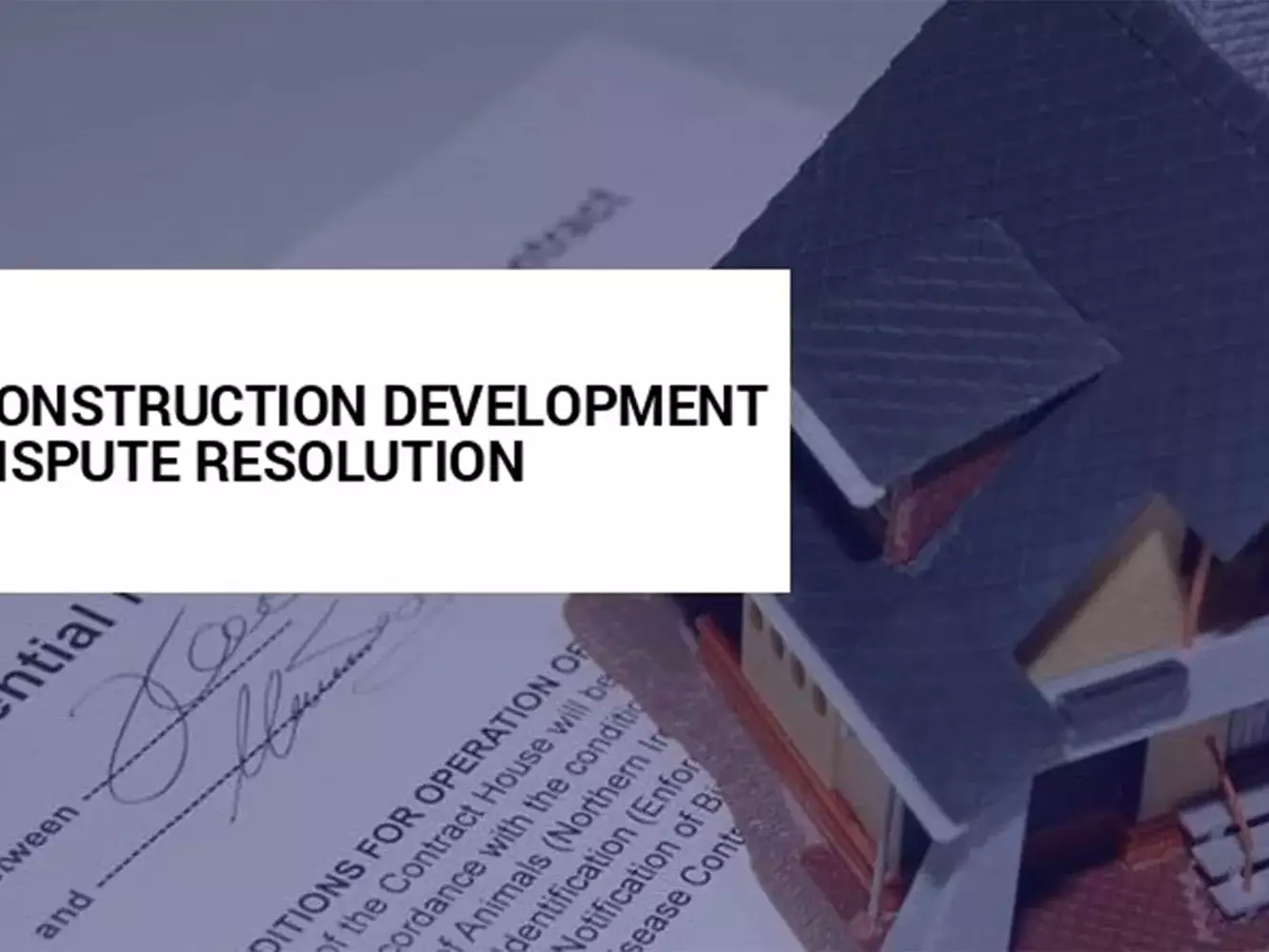Insights
Smart Home Ownership – The hidden Costs in Kenya Home Buying Process

A couple of years back, local authorities took up to issuing ultimatums to land rate defaulters to pay up or face prosecution and risk losing the property. The move spurred a debate on additional costs that property buyers are exposed to. Land rates, payable to the local authorities annually are some of the expenses that property buyers stand to incur if they instinctively enter into purchase transactions without property background checks on a house. A property may have excellent offer prices but end up being expensive by accumulated additional costs and charges, some of which may run into millions of shillings. The buyer must ensure that all charges owed to the government are paid before entering into a purchase agreement. Rates charged to property owners enable the local government authorities to offer services such as water, sewer and street lighting among others. Buyers therefore ought to do proper due diligence during the house buying process to allow cost saving or budgeting in relation to associated hidden costs.
Today, we discuss the hidden costs buyers should be aware of while purchasing a home in Kenya.
Stamp duty is another profound charge associated with any property transaction. Also referred to as draft transfer fee, stamp duty is imposed by the government during the transfer of property. Many experts are of the view that the transfer fee should be abolished as it serves to increase the cost of buying property. In countries such as South Africa, the duty was repealed to stimulate the development of the property sector. In retrospect, the reform continues to reap results in the Southern African country. In Kenya, stamp duty is a one-off payment derivative of the price of the property. Currently, the rate stands at 2 to 4 percent payable by the buyer.
 Other typical costs associated with the purchase of property are professional fees to experts, in this case, property Valuers and Surveyors. Before financing a home, a lender will most certainly require a professional valuation report. As a practice, buyers need to ascertain the quality and value of a home before purchase. While some may pass on professional valuation to keep the cost of the house at a minimum, an individual look around may result in an inadequate inspection and asset valuation leaving out essential details. Fees to real estate Valuers may constitute up to 1 percent of the property value, while lawyer fees vary. These costs are met upfront by the buyer.
Other typical costs associated with the purchase of property are professional fees to experts, in this case, property Valuers and Surveyors. Before financing a home, a lender will most certainly require a professional valuation report. As a practice, buyers need to ascertain the quality and value of a home before purchase. While some may pass on professional valuation to keep the cost of the house at a minimum, an individual look around may result in an inadequate inspection and asset valuation leaving out essential details. Fees to real estate Valuers may constitute up to 1 percent of the property value, while lawyer fees vary. These costs are met upfront by the buyer.
On purchase, one will need to take out a home insurance which broadly covers the house for the risks of fires, flooding, and natural disasters among others. When insuring, older houses cost more due to old electrical and plumbing systems which are more prone to disaster compared to new houses. In such cases, savings made on the purchase of an older home are cycled back into insurance fees. Additionally, Insurance companies sporadically check credit scores and subsequently raise premium rates based on the assessment of a buyer’s risk level.
Other expenses associated with home purchase are repair, maintenance and utility costs. More than often, buyers spend more than set budget on repair costs while buying an old house or repossessed property. House remodels, and maintenance costs may run up to substantial amounts after closing the purchase. Also to note, the location of the property determines the rates charged for repairs and maintenance. In the city, repair labour costs are higher. Therefore, it is advisable to use any house defect or any component that necessitates expenditure, as leverage to drive down the price of the house during price negotiations.
The term hidden cost may be inaccurate in this context. Today, these costs are more apparent than they were in the past but are perhaps referred to as hidden because most home buyers, especially first time buyers, are preoccupied with the listed purchase price of the property. The closing costs of a home may be anywhere between 3 to 6 percent and can be very distressing especially if the buyer had not budgeted or prepared for them. Before making any financial decision such as a home purchase, it is important to know how much the property really costs, factoring both long-term and short-term costs associated with the property. Smart planning, research and consulting a real estate consultant may prove invaluable by providing the much-needed certainty in home values.
Related
Insights
Affordable Housing Project Finance Company And Consultant In Kenya
Buildafrique is an Affordable Housing Project Finance Company in Nairobi Kenya and Real…
Investment Project Finance and Real Estate Financing Options Company In Kenya.
Buildafrique is a Real Estate Finance and Project Financing Options Company in Kenya and…







